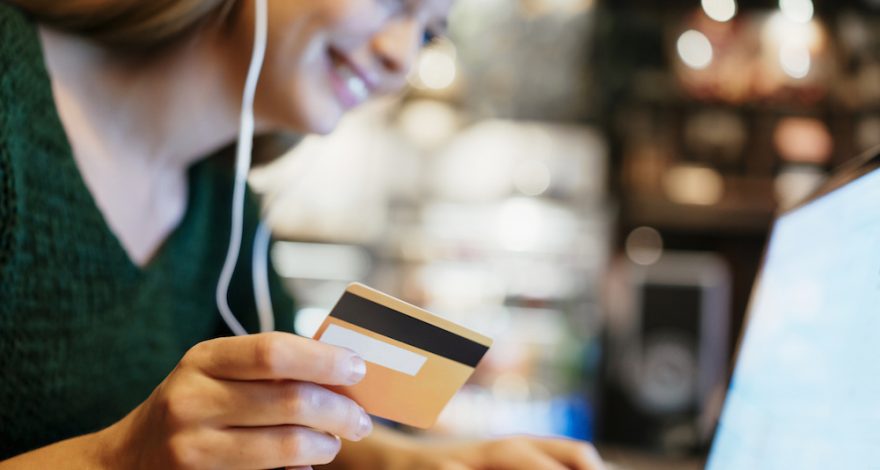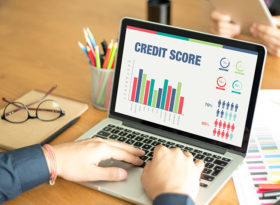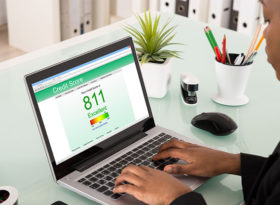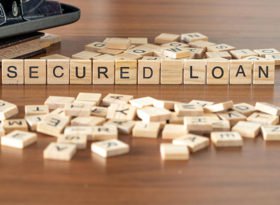 Budgeting
Budgeting
Financial Fitness: 8 Tips to Save Money on Your Credit Card
To become financially fit, it’s wise to exercise all of your options including investing, saving and using credit in a responsible way. Before obtaining a credit card, take some time to shop around for the one with the best offers. Factors to consider include interest rates, fees and money-back offers. In many cases, you get an introductory interest rate for a certain length of time. Consider your personal needs for credit before choosing one credit card over another. Also, review these 8 tips to save money on your credit card before settling on a particular card.
1. Paying on time
One of the most important things you can do as a consumer is to pay your credit card in a timely fashion. Paying on time helps your credit score, which saves you money when you go to take out a car loan or mortgage. You also save on potential fees and additional interest charges.
2. Tracking your spending
You can download special apps that help you stick to a spending plan and budget. Avoid impulse purchases.
3. Ignoring the minimum payment
Ignoring the minimum payment amount doesn’t mean you skip paying your credit card for the month. Make an effort to pay the entire balance if possible. Otherwise, pay extra to reduce how much you owe in interest. Many credit cards give you an example of how much you could pay in order to wipe out the debt in 3 years instead of 10.
4. Switching cards
If you have trouble paying what you owe or more than the minimum balance, consider a balance transfer to a card offering zero interest for at least 6 months or one year. Dedicate yourself to paying down the balance before the introductory rate expires.
5. Putting it on autopilot
To reduce stress, set up automatic bill pay so your credit card gets paid each month. With direct debit you eliminate missed payment. Also, you can stick to a specific payoff plan.
6. Avoiding cash advances
Cash advances often come with a higher interest rate. Make a vow to never take out a cash advance on a credit card. Instead, save for an emergency fund that you can tap.
7. Minimising use of store cards
Even though it’s convenient to use a store credit card, in most cases you pay a higher interest rate. Make it a priority to pay your store credit cards off first.
8. Working out a plan
Experts suggest using online tools such as credit card calculators to figure out the ideal way to get out of credit card debt. Consult your overall budget so you know how much you can afford to spend on paying off credit cards. Divide your expenses between fixed and flexible expenses as well as essential and non-essential expenses or bills.




